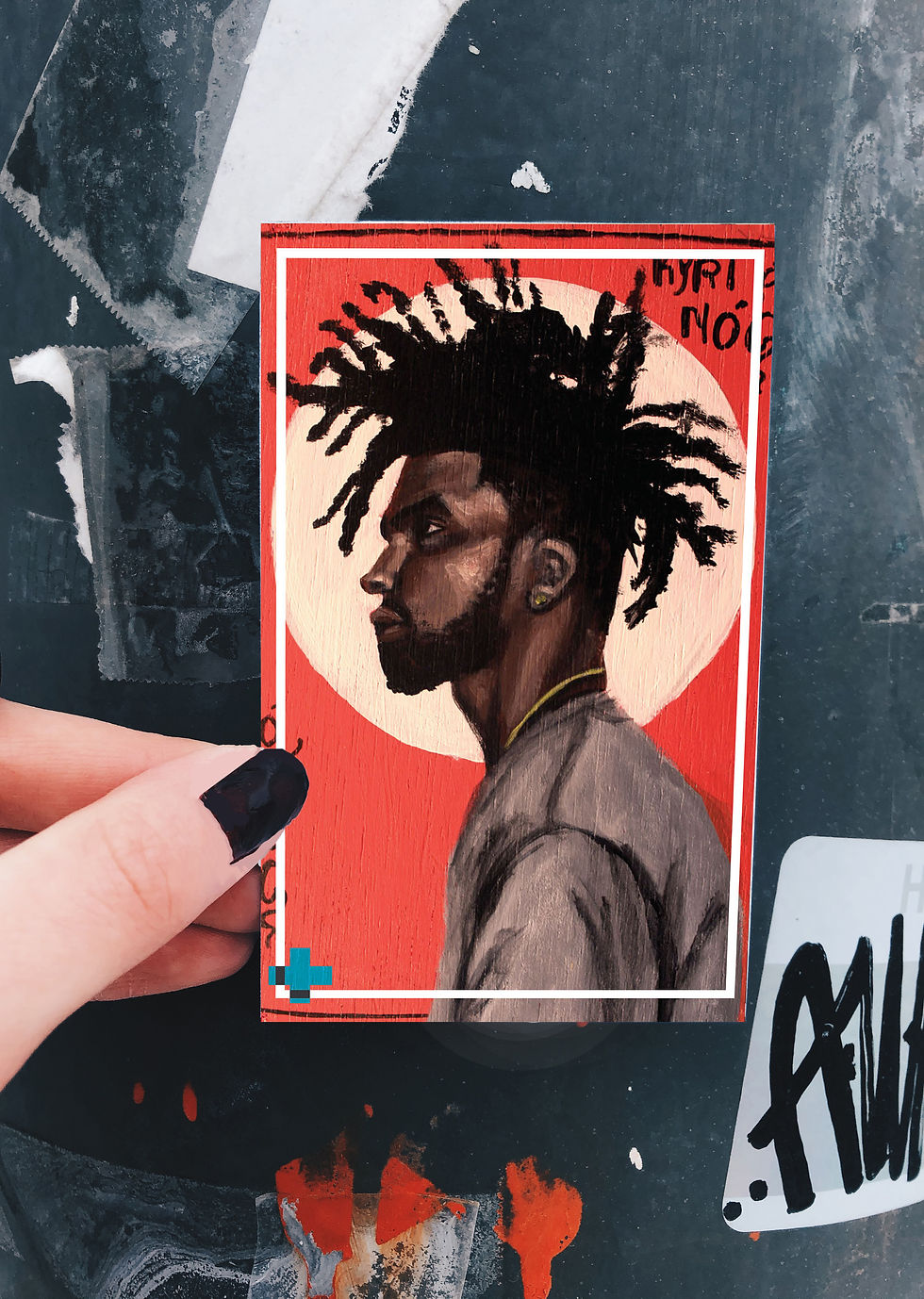
Born: ~200
Died: 258
FEast: Sept. 16th
Patron of:
North Africa, second chances, leaders

St. Cyprian
Bio
Cyprian was born into a Pagan African family around the year 200. He went to school in the city of Carthage, which is located in what is now Tunisia. He was known to be an excellent student, and was a very intelligent speaker. He was well-known throughout the community for this, and he would defend them very often in court. Though we don't know much about his extra-curriculars, some of his later writings suggest that he did not live the most honest or lawful of lifestyles. Despite whatever these mistakes or habits were, he became curious in Christianity thanks to a priest named Caecilius. Once he began to learn about the faith, Cyprian dove in head first. He was baptized when he was around 35-45 years old and decided he would remain celibate. He gave away all his property and sold everything he had to give to the community. He even sold his garden, which he must have loved deeply. There is a story that his friends bought it back for him later as a gift.
He struggled with accepting forgiveness after how he had lived when he was younger, and used that experience throughout the rest of his life in his decisions to forgive and give others second chances as well.
Despite some older men in the Church authority disapproving of Cyprian's values and lack of a traditional theological education, he was elected as Bishop of Carthage only 2 years after his baptism.
He did not have this position very long before the Emperor Decius made it a law in the Roman Empire that sacrifices must be made by every citizen to the Roman gods. Years of terror followed for the Christian community. The Pope and many bishops were martyred, as well as hundreds of lay members who would not renounce their faith. Women were raped, children martyred, and many people were tortured and killed by fire, stones, and banishment.
Not unexpectedly, many Christians, to avoid these tortures, purchased fake certificates that said they had sacrificed or even made the sacrifices themselves.
Cyprian during this time had gone into hiding. He was criticized, of course, by his enemies for doing so. However, he had seen in a dream what was to happen and knew that this was what he must do so that, once he could return, his community would still have their Bishop. His martyrdom was a needless once, since he knew he could do more good by remaining alive, writing letters while he was away, and using money that was supposed to be used to pay the Church leaders to instead aid the poor.
When he returned, there was a battle ensuing over whether those who had sacrificed to the Roman gods would be allowed back into the Church. There were strong opinions both for and against. Cyprian took a middle ground, knowing that those who had done it deserved forgiveness, but also that those who had not were amazingly strong in their faith and will.
Very soon, though, he had even more to deal with - a famine and a plague broke out. On top of that, warring soldiers attacked and took many Carthaginians as slaves. There was then a drought, and a new emperor began new attacks on Christians yet again.
Cyprian spent this time out among his community, personally caring for the sick and burying the dead, whether they were Christian or not. He asked his community to do the same, even for their enemies. He also took this time to call out Church authorities who were sinful and who were not living as they should be. He even opposed the new Pope, and received back a threat of excommunication.
When he was asked to sacrifice in the second round of persecution, he was exiled and held in prison when he refused.
When asked again, he refused a second time, and a statement of slanderous lies was read out proclaiming him to have been an evil, irreligious man who lead many astray. Instead of defending himself or protesting the announcement of his following execution, he stayed silent. He asked only to die in his own city to be around his community. The story goes that they asked to die with him, but he told them they needed to stay on Earth to continue his work and be there for each other.
Cyprian was known for being both cheerful and respected, and was so well-loved by the people he served. He was also known for his righteous anger over controversies, which paints him with even more humanity.
Prayer
You were a leader. you knew what Jesus meant when he said leaders were to be servants. You defended those without a voice, you called out people who abused their power, you lived among and understood those who suffered, and you asked that people be more merciful and give second chances because life is so hard. Let us be leaders like you.
Amen.
Art Reflection
With a steady and assured expression, I wanted my st. Cyprian to be a commanding figure while also seeming approachable with a personality to his hair and t-shirt. Devoted to his community for his whole life while also seemingly a gentle soul with a darker past, he needed to look like someone who would give a great hug and at the same time tell off the religious authorities who were selfish and causing pain.














